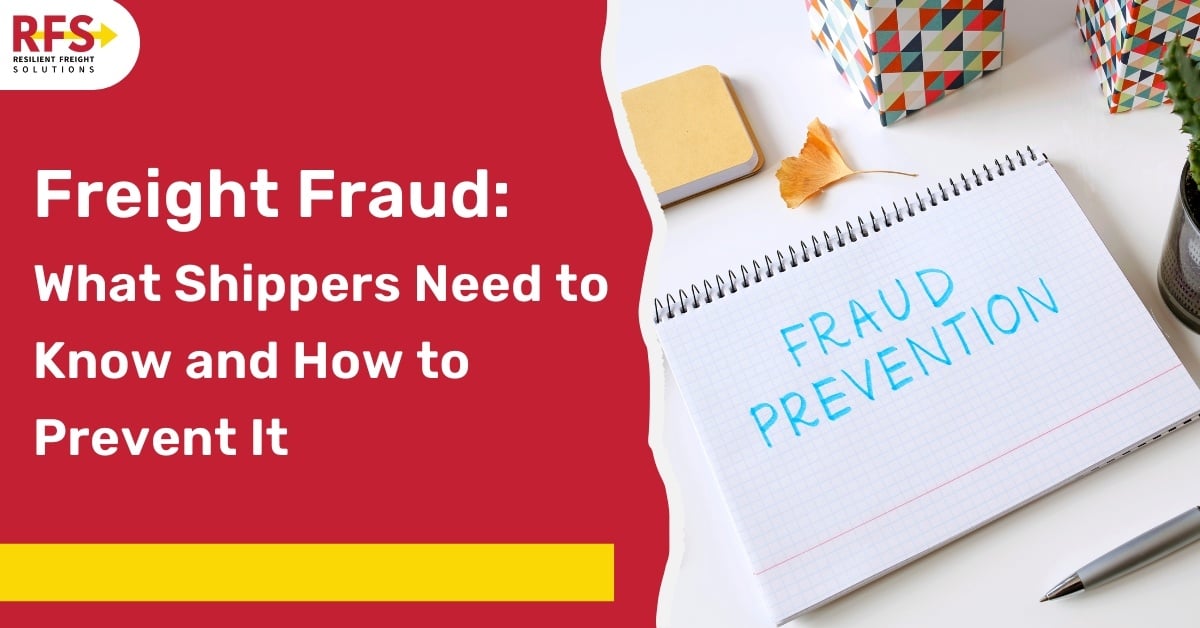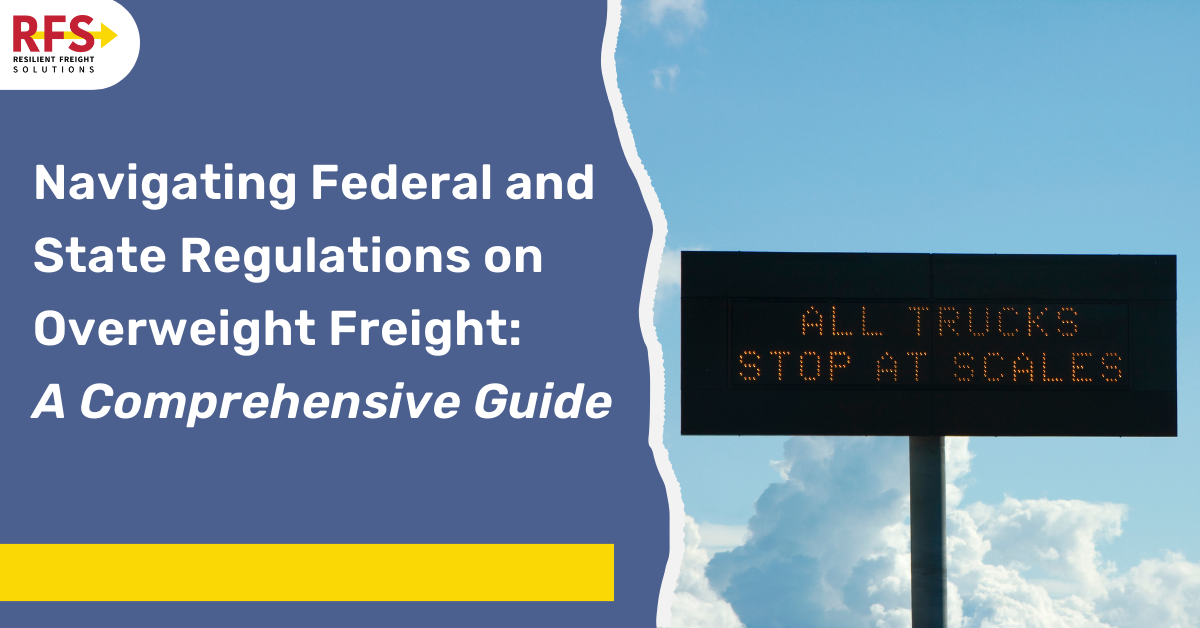Freight fraud is becoming an increasingly pressing concern for the logistics industry, with more sophisticated schemes emerging that can cause significant disruptions to supply chains. As the transportation industry adapts to new technologies, so too do fraudsters, finding creative ways to exploit vulnerabilities. To protect your business, it is crucial to stay informed about the types of fraud that exist and how to prevent them.
Common Types of Freight Fraud:
1. Double-Brokering: This scam involves a fraudulent broker accepting a load from a shipper and then re-brokering it to a legitimate carrier without informing the shipper. The scammer collects the payment, while the carrier remains unpaid, leaving the shipper at risk for both financial loss and reputation damage.
2. Cargo Theft: Some fraudsters impersonate legitimate carriers, collect the shipment, and disappear with the cargo. Cargo theft is often facilitated by hacking systems to reroute shipments or by hijacking trailers. In 2023, there was an 86% increase in cargo theft, indicating the scale of the problem.
3. Phishing and Identity Fraud: Fraudsters use phishing schemes or stolen credentials to impersonate carriers or brokers, requesting payment for services never rendered. This type of fraud often starts with fake emails or phone calls asking for sensitive information.
How to Prevent Freight Fraud:
To safeguard your business from falling victim to these schemes, here are key strategies to consider:
1. Verify Carrier Credentials: Always check a carrier's operating authority and credentials using trusted databases, such as Carrier411 or the Federal Motor Carrier Safety Administration (FMCSA). Confirm that their DOT and MC numbers are legitimate and match their registration. Look for signs like mismatched email addresses or phone numbers—small details that can reveal potential fraud.
2. Use Technology to Enhance Security: Implement GPS tracking and real-time freight monitoring to keep a close eye on your shipments throughout the entire process. Digital platforms designed to monitor for suspicious activities can provide early warnings of potential fraud, and identity verification tools can help ensure you are working with trustworthy partners.
3. Conduct Regular Audits: Performing regular internal audits of your freight operations can help identify any discrepancies or suspicious activity. By keeping records and closely monitoring your shipments, you can prevent unauthorized access to freight or financial transactions.
4. Stay Vigilant Against Phishing Attacks: Train your employees to recognize phishing attempts, such as unsolicited emails asking for payment or sensitive information. Ensure that all financial transactions are verified through direct communication with the carrier or broker, rather than relying solely on email.
5. Maintain Secure Data Systems: Protecting sensitive data, including shipment details and driver information, is critical to preventing fraud. Use encrypted systems and limit access to only authorized personnel. Two-factor authentication (2FA) and secure passwords can add an extra layer of protection.
Industry Collaboration and Awareness:
It’s important to remember that freight fraud doesn’t just affect individual companies—it impacts the entire industry. By collaborating with trusted partners and staying informed about the latest fraud schemes, shippers can mitigate risks more effectively. Industry-wide collaboration, such as information-sharing between brokers and carriers, is essential to reducing fraudulent activities across the board.
How Resilient Freight Solutions Helps Mitigate Freight Fraud:
At Resilient Freight Solutions, we believe that mitigating freight fraud is not just about having the right technology, but also about fostering transparency and trust across the entire logistics process. We actively vet all carriers using comprehensive background checks and regularly monitor shipments using advanced tracking systems to ensure every load is secure.
Moreover, we focus on building long-term relationships with both our shippers and carriers. By working closely with trusted partners, we aim to minimize the risks of double-brokering, cargo theft, and other fraudulent activities. Our commitment to transparency allows our clients to feel confident in knowing their shipments are being handled safely and efficiently.
Staying Ahead of Freight Fraud:
Freight fraud is evolving, but by staying vigilant, adopting the latest technology, and fostering open communication, shippers can better protect themselves. Take steps now to ensure that your supply chain remains secure—because in today’s world, prevention is your best defense.
For more insights on the state of fraud in the logistics industry, check out the Transportation Intermediaries Association (TIA) 2024 report.
***Resources used to write this blog include insights from the Transportation Intermediaries Association (TIA) 2024 report on fraud in the logistics industry, as well as articles from trusted industry sources such as FreightWaves, Uber Freight, and Truckstop.com, all of which provided valuable information on current fraud trends, prevention strategies, and the importance of technology in safeguarding freight operations.





Post a comment